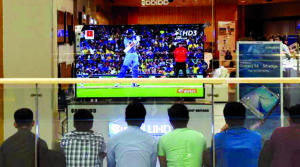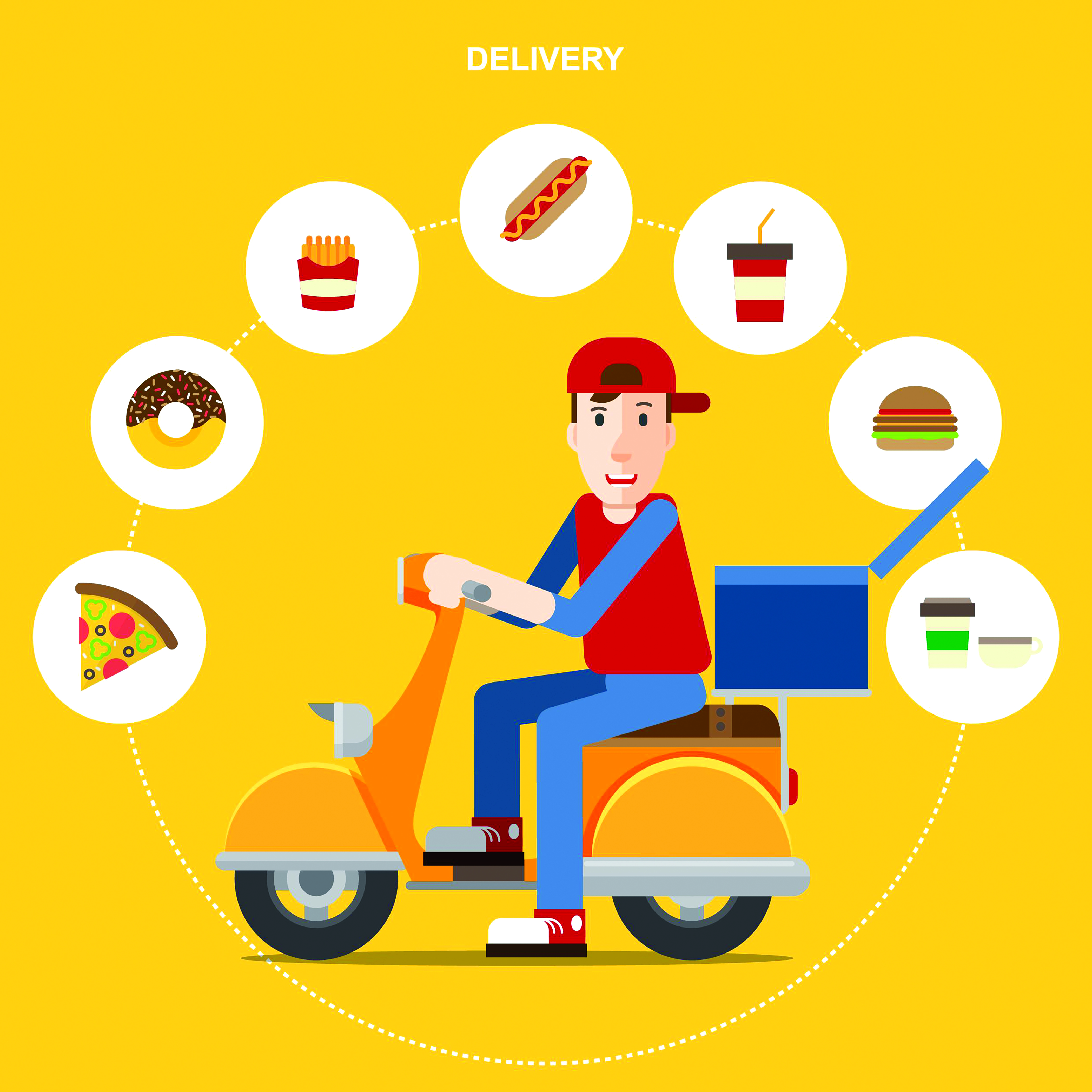This IPL season, food delivery apps like Zomato and Swiggy have started a legal form of betting – a win-win for both cricket fans and food lovers
As you settle comfortably on your couch with a bowl of popcorn and cola, adorned in your team jersey, the anxiety sets in and the excitement is palpable. A coin is tossed in the air, and millions of cricket fans all over the world are well and truly transfixed.
The popularity of cricket in India is undeniable and not up for debate. The heart of this nation beats in runs and wickets. Small wonder then that this craze was turned into a smooth, lucrative business of betting on matches. Indians have been betting on matches for years, with bookies big and small.

This year there’s a new game in town. Food delivery apps like Zomato and Swiggy are capitalising on this ‘compulsion’. Ever since the IPL kicked off, they have added the incentive of a discount on orders if a customer can predict the winner of the match or a certain outcome in the game. Zomato offers 30–40% discounts on the next couple of orders. A smart move on their part, considering how wide the reach is and how much a part of city life food delivery apps have become. Swiggy shaves small amounts off the price every time a batsman hits a six.
Sonu Yadav, 40, department store owner, an avid cricket fan, is closely following the IPL. The television screen is perched at the top right corner of his store, now showing the match, as opposed to the dual angle surveillance footage that is usually displayed up there.
Has he ever gambled on a match? “Doston ke saath jab shaam mein baithke match dekhte the, tab Rs. 10 or Rs. 20 lagate thhe hum sab. Fir jab kaam karne lage tab thoda aur. Lekin seriously nahi. Mazey mein,” he divulges (When my friends and I used to watch matches in the evening , we would bet Rs. 10 or Rs. 20. When we started working, then slightly bigger amounts. But never seriously, just for fun).
Yadav however goes on to say that he decided to kick the habit, however casual it may have been, when he got married and had children. But now that he has discovered the ‘harmless’ betting on the food app, he has begun to try his luck every now and then. Reasoning that he isn’t really losing any money — “lottery ticket ke jaisa hai!” (It’s like scratching a lottery ticket!) he smiles
Anika, 19 years old, a fan of the sport and a student of psychology, says it plays into the idea of partial reinforcement. “Just like a slot machine in a casino or arena, both winners and losers are drawn to it repeatedly. The one who wins obviously has a boosted confidence in his luck and means, and the loser returns with the hope of a reward. An individual winning once every 6-10 tries, will attempt again, in order to take their chances for the sake of a possible win.” She goes on to explain that on these apps, on the face of it, the customers are not losing money right away. One can only predict if they order food. And the discount gets applied to later orders if at all. “So, if you guess correctly, you gain a discount, and if you guess incorrectly, there really isn’t any backlash.”
With the number of people using the delivery apps, these betting options are very present in people’s minds. Chat groups online discussing who bet on whom and what are the likely outcomes. Discussions and jabs going around, and conversations about which system is better, Swiggy or Zomato. Suggestions cropping up like ‘Create two accounts and bet on two separate teams, that way at least one discount is guaranteed’. Chatrooms and comment chains are teeming with people exchanging information on who got a higher discount, for which match and on which app!
“So, I have never placed a bet on a match in my life,” starts Aditya, 23 years old, a student of Political Science. He laughs and rushes to clarify, “I mean of course the silly stuff in school was there. If your team wins you buy your friend an ice-cream,” he explains. Aditya had never placed actual money on a match or a particular outcome. “Mainly because I didn’t want to. But also, because I wouldn’t know how to go about it.” He admits that he was indeed a big enough fan of the sport to have been swayed to gamble in his childhood, and he is glad that he hadn’t had that exposure.
When bringing up the food delivery apps, he nods in understanding and smiles. “Yes, I placed my predictions too!” He likens the feeling of not placing a prediction on the app to an itch in his side. “The message keeps flashing, and it’s like a challenge somehow. And there’s a possibility of a win without really losing anything!” he explains.
It presents itself like a great bargain, if not a tempting one, when the app opens up and a pop up tells you that you can “Predict and win 30 per cent cash back after placing the order!” Our ever-present food apps have also joined the betting bandwagon, and successfully appealed to the gambler’s psyche. A hot topic of discussion now: How long will it last? And will people continue to find the possibility of an empty reward on the back of a fully paid food order appealing? To start with, at least, the trend has just started out and seems to have garnered quite some excitement.
All things considered, especially considering the omnipresence of these apps, I’d wager on this trend getting even more popular. Want to bet?





